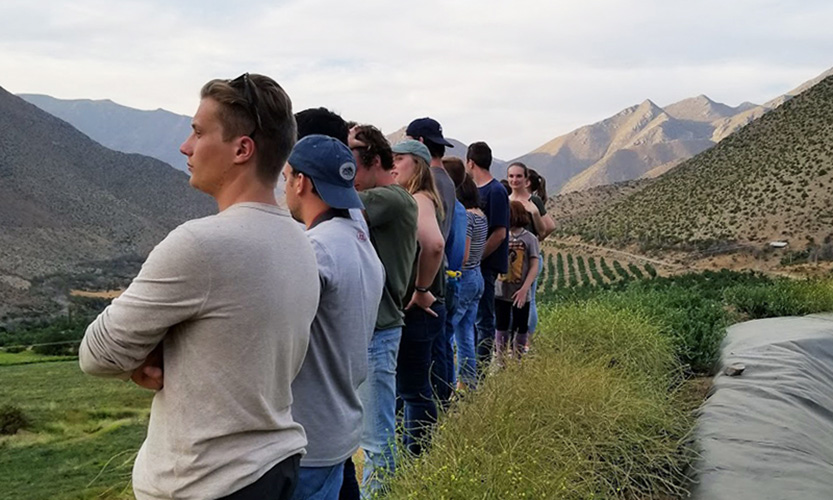Recommended Destinations for Biology
Queensland, Australia
Copenhagen, Denmark
Norwich, England
Freiburg, Germany
Galway, Ireland
Maastricht, Netherlands
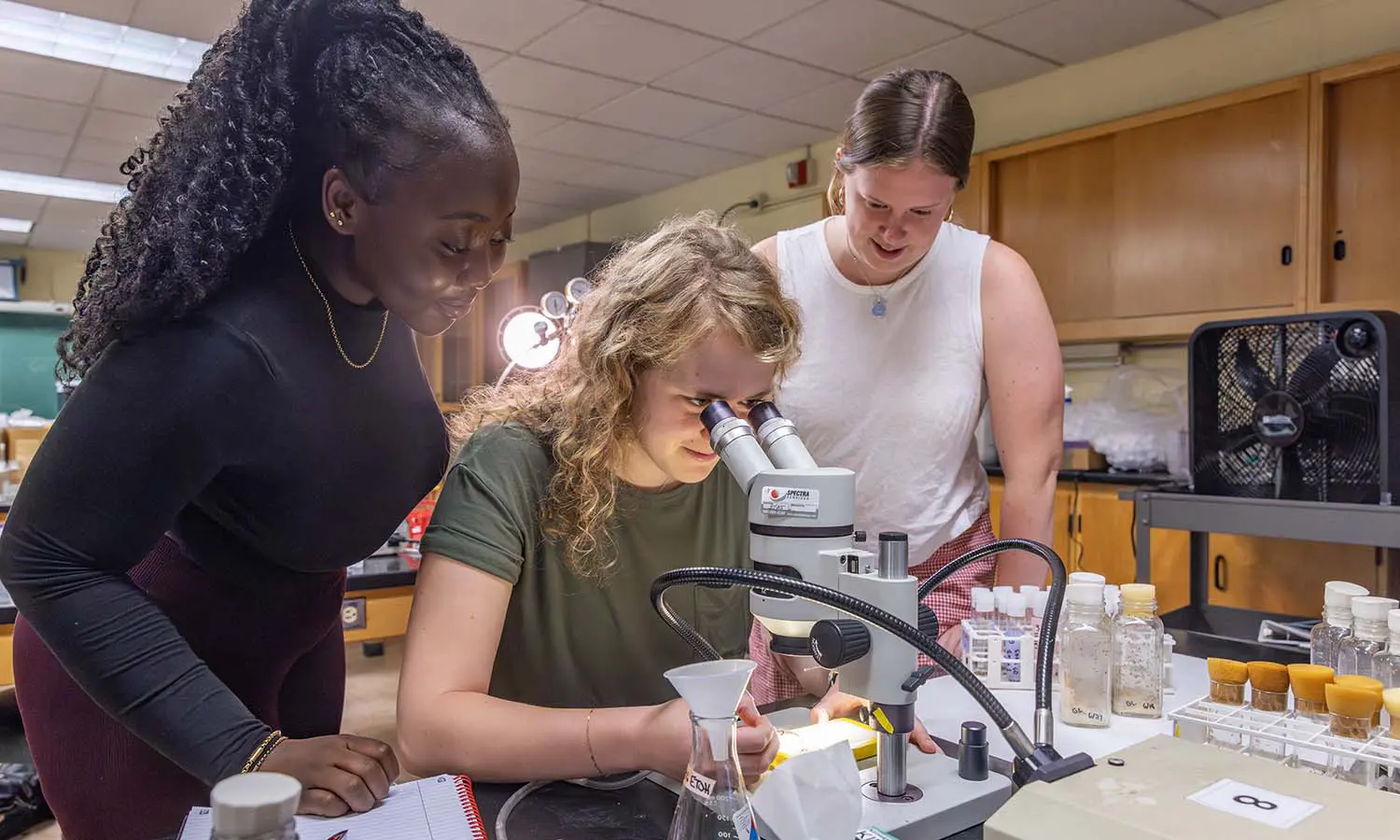
Learn science by doing science, with experiences that take you from campus classrooms to real-world research environments – all as an undergrad.

Through a major or minor in Biology at HWS, you’ll explore the complexity and interconnectedness of the living world while building the knowledge and skills to investigate it. From uncovering the inner workings of cells to understanding the ecological and evolutionary forces that shape life, our program takes a multifaceted approach to studying biology. Hands-on lab and field experiences and collaborative research with faculty will give you experience interpreting biological discoveries while developing the skills to contribute meaningfully to ongoing scientific research. Whether you’re preparing for medical school or other health-related professional schools, graduate study or a career in the life sciences, our program equips you with a strong foundation in both theory and practice.

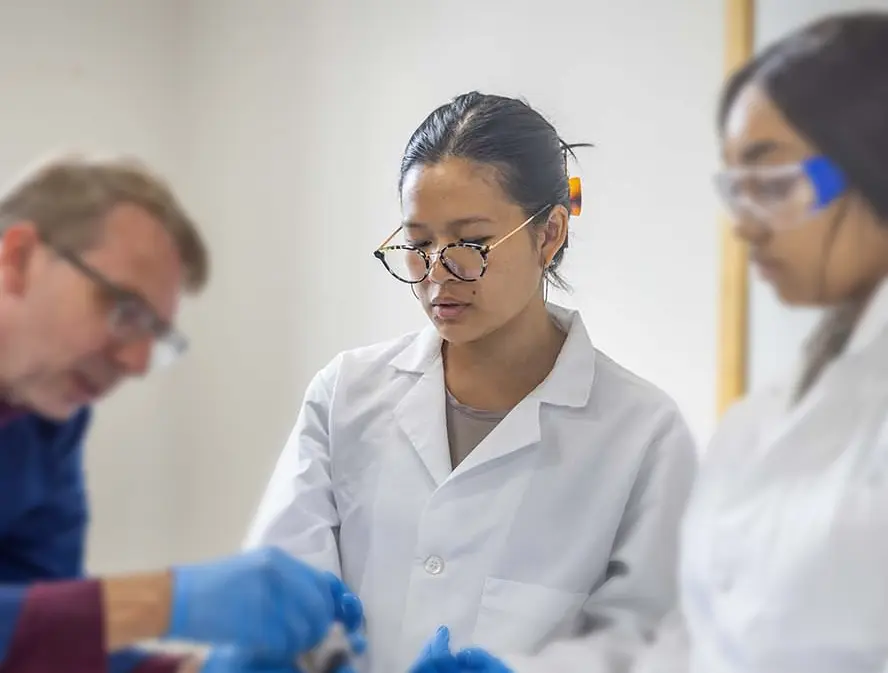
Read More
"Close-knit, engaging classes at HWS brought new perspectives to my mind and gave me the confidence to pursue research in biology at HWS, where I found a great sense of community.” Matt McNulty ’22Healthcare and Medicine including as a Physician, Veterinarian, Dentist, Physical Therapist, Genetic Counselor, Physician’s Assistant, Nurse
Bay Cove Human Services
Broad Institute of MIT and Harvard
Children’s Hospital of Philadelphia
Clean Harbors
Cleveland Clinic Foundation
Ginko Bioworks
House of Representatives Committee on Natural Resources
Massachusetts General Hospital
Mayo Clinic
McLean Hospital
National Fish & Wildlife Foundation
Peace Corps
The Carter Center
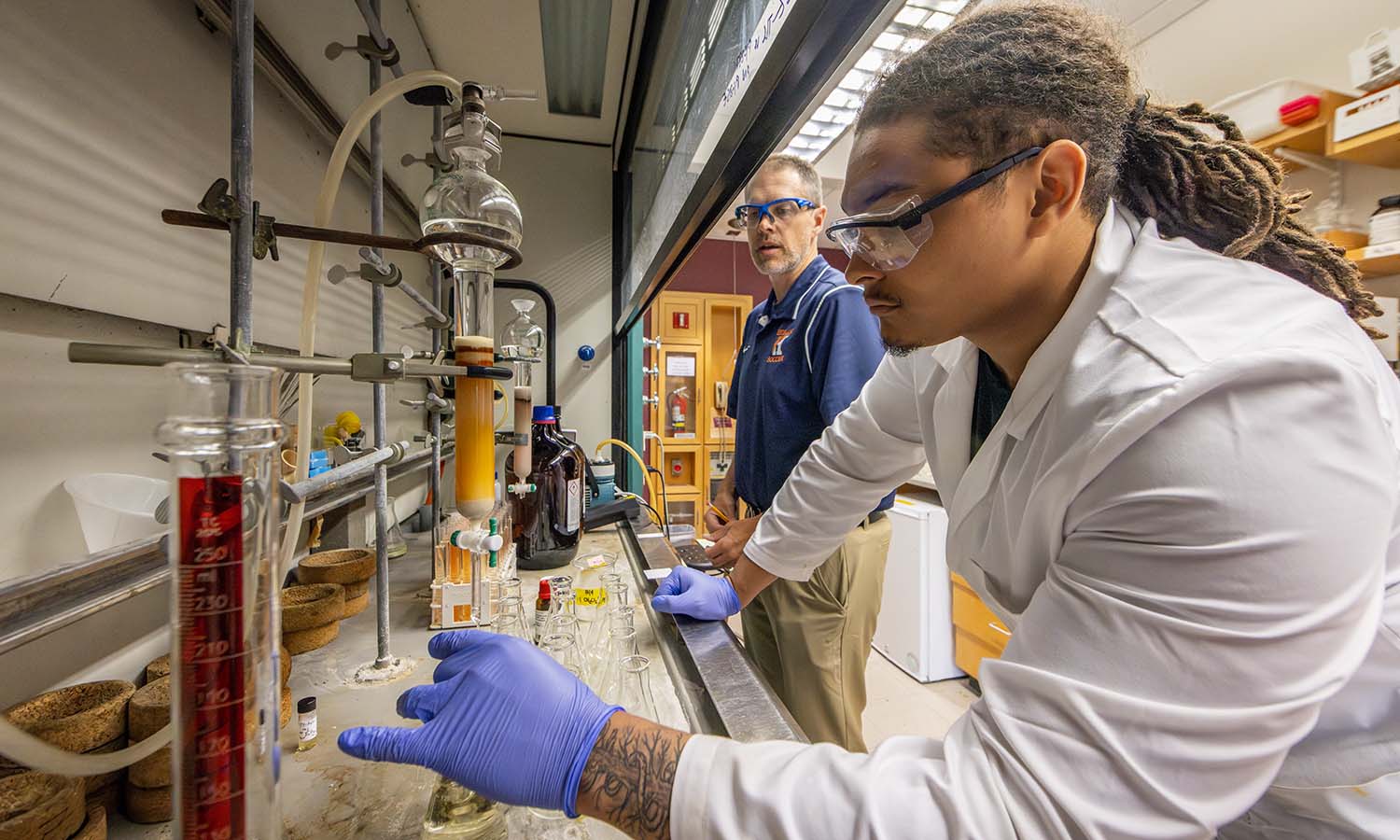
HWS puts undergraduates at the center of complex, publishable research that informs future anticancer drug discovery.
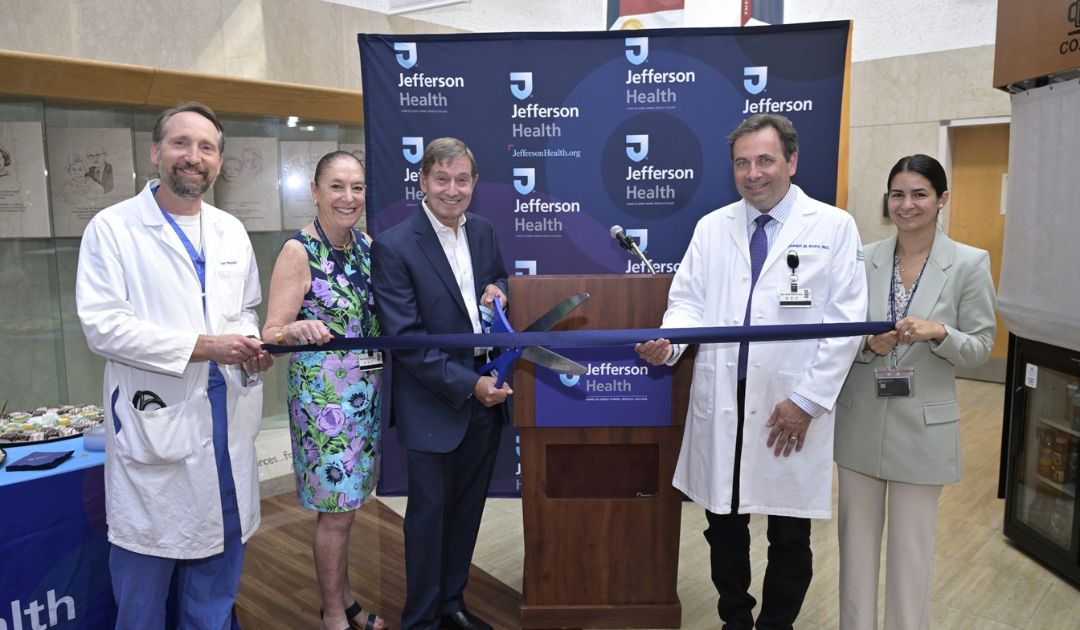
In recognition of four decades of leadership and care, Jefferson Abington Hospital has named its GI Procedure Suite for Dr. Harvey Guttmann ’75.
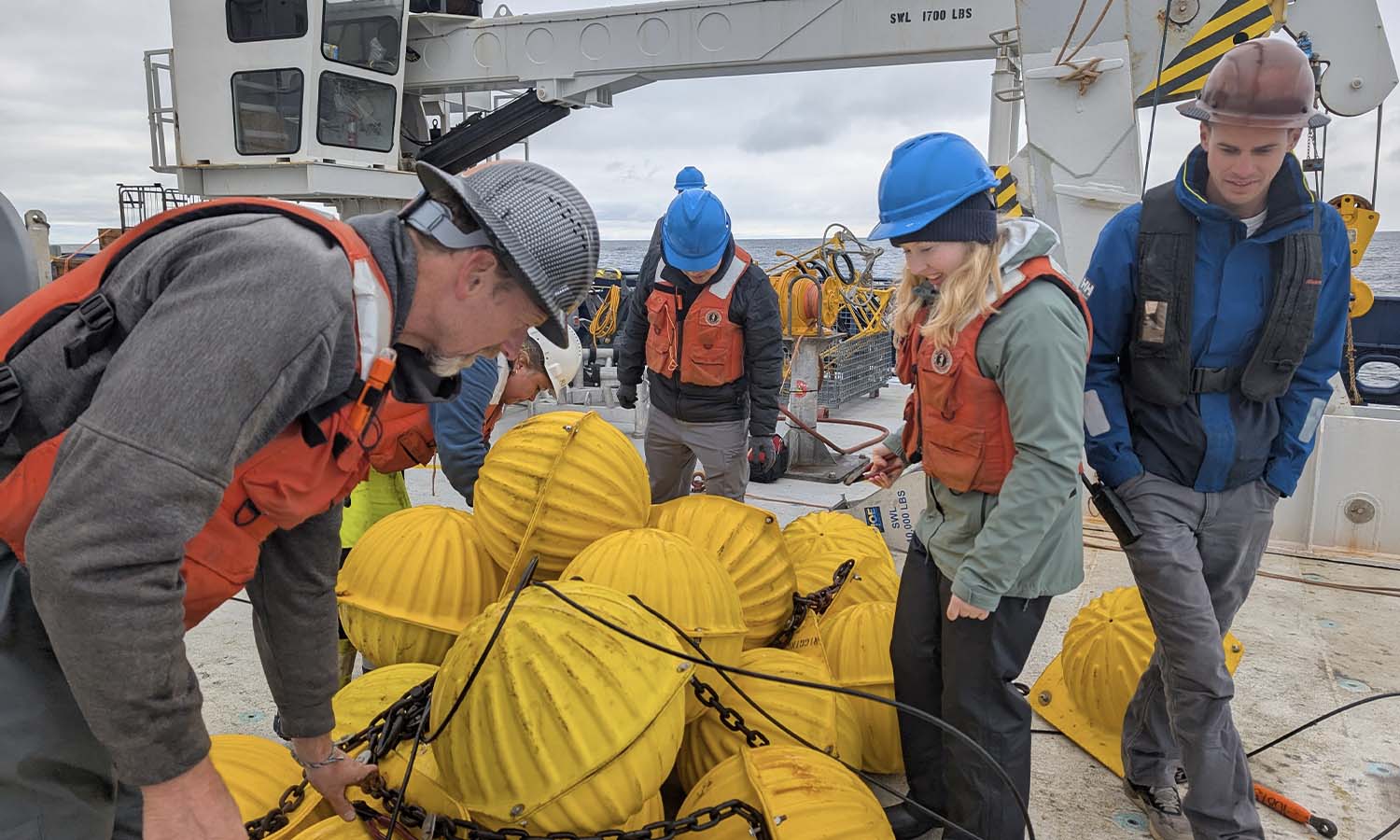
Fiona Howes ’27 charts a future in oceanography.
The Biology Department provides a strong foundation in modern biology while allowing students to explore a wide range of topics and pursue advanced coursework or independent research within a liberal arts framework. Core courses cover genetics, ecology, evolution and quantitative reasoning, giving students a common framework to understand how traits are inherited, develop and respond to the environment. Students also complete a senior capstone seminar focused on primary literature and can choose electives across diverse areas of biology, supported by courses in math and the natural sciences.
Biology offers two disciplinary majors, a B.A. and a B.S., and a disciplinary minor. Three sample courses are below:
Learn the fundamentals of studying biology, including distinguishing between the scientific inquiry and other modes of inquiry along with concepts of biology, the central role of DNA and RNA and the inheritance of genetic information.
Develop a working knowledge of the general biology and ecology of aquatic systems and of the organisms that make up aquatic communities.
Examine immune cells and organs, immune processes, vaccines, immunodeficiency, transplants and immunotherapy.
Thinking about a career in healthcare or a pre-med program? HWS offers a specialty advising program to guide you on the road to medical, dental, veterinary or professional school. Minoring in Public Health is also an option.
Meet the experienced and dedicated professionals who will serve as your mentors.
Under the guidance and mentorship of Biology professors, students may choose to perform Honors. Most will complete a summer of research followed by research in their senior year. The work culminates as a written and defended Honors thesis, and the work is often presented at conferences or published as scientific articles.
More than 60% of our biology students are actively engaged in a research or field study project each semester, both on-campus in state-of-the-art labs and off-campus with local scientists and doctors, getting the hands-on experience that makes them stand out in the job market.

Other facilities include labs and classrooms in Rosenberg Hall, the Hanley Biological Field Preserve, The William Scandling Research Vessel and the Finger Lakes Institute.
![$intro-image[2]/descendant::img/@alt](/images/academics/bio/abroad3.jpg)
Our top-ranked study abroad program gives you the freedom to study biology across the globe.
